A very effective natural way to manage Crohn’s disease and promote overall well-being is to unleash the power of food. Eat the right foods to nourish and heal your gut.
Living with Crohn’s disease can be a challenging and overwhelming journey. As a board-certified health and wellness coach, I am committed to helping individuals with Crohn’s disease navigate their way to better health through an integrative and holistic approach.
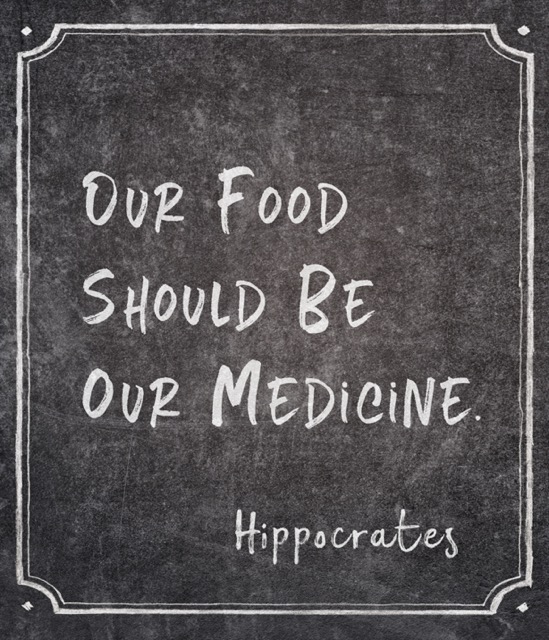
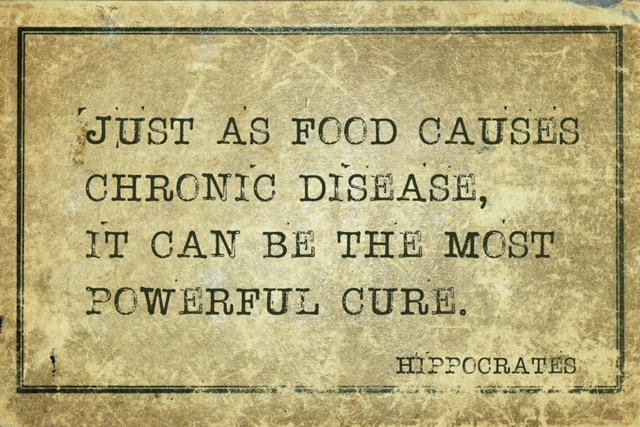
One powerful tool that I emphasize is the concept of using food as medicine. I have firsthand experience because I struggled with Crohn’s disease for years, and I used the healing power of food to overcome this health challenge.
About Crohn’s Disease

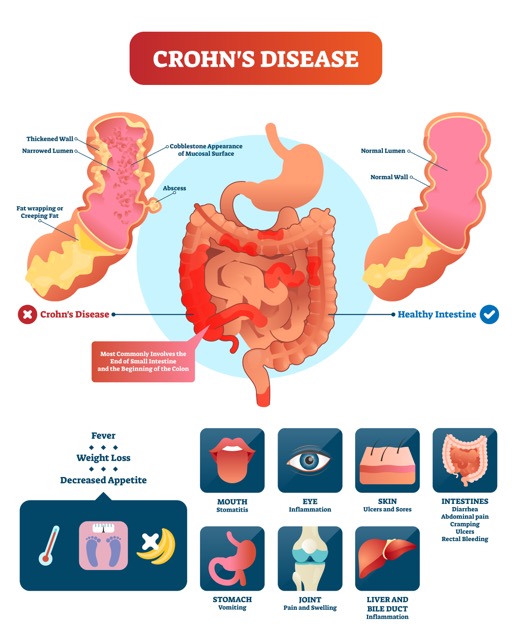
Crohn’s disease is a chronic inflammatory bowel disease that affects the gastrointestinal tract. It can cause symptoms such as abdominal pain, diarrhea, fatigue, and weight loss. While medical interventions, such as medications and surgeries, help manage this condition, lifestyle modifications, including dietary changes, can significantly impact symptom management and overall quality of life.
The Gut-Immune Connection

Crohn’s disease involves an inappropriate immune response in the gut, leading to inflammation and damage to the intestinal lining. Understanding the gut-immune connection is essential when using food as medicine. Certain foods can exacerbate or alleviate inflammation, impacting the disease’s progression and symptom severity. To find out more about gut health, download my free Gut Matters e-book.

Identifying Trigger Foods
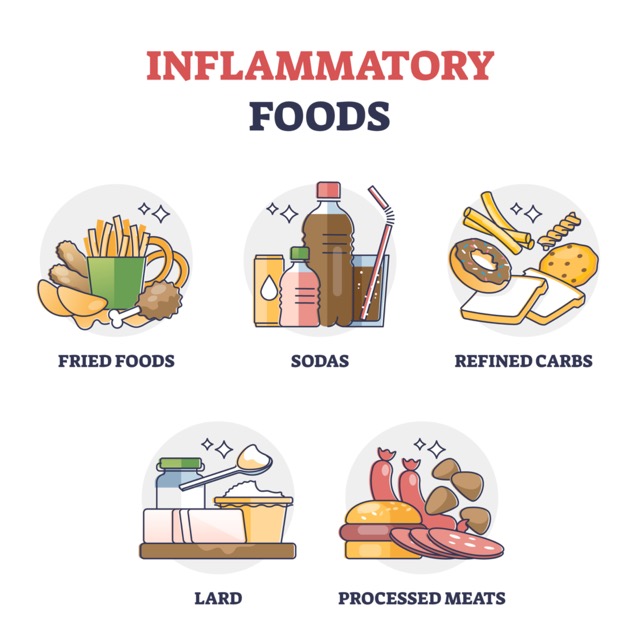
One of the key steps in managing Crohn’s disease is identifying individual trigger foods that can worsen symptoms. Common triggers include spicy foods, caffeine, alcohol, processed foods, and high-fat foods. However, triggers can vary from person to person. Keeping a food diary and working with a health and wellness coach or healthcare professional can help identify specific foods that should be avoided.
Incorporating Anti-Inflammatory Foods
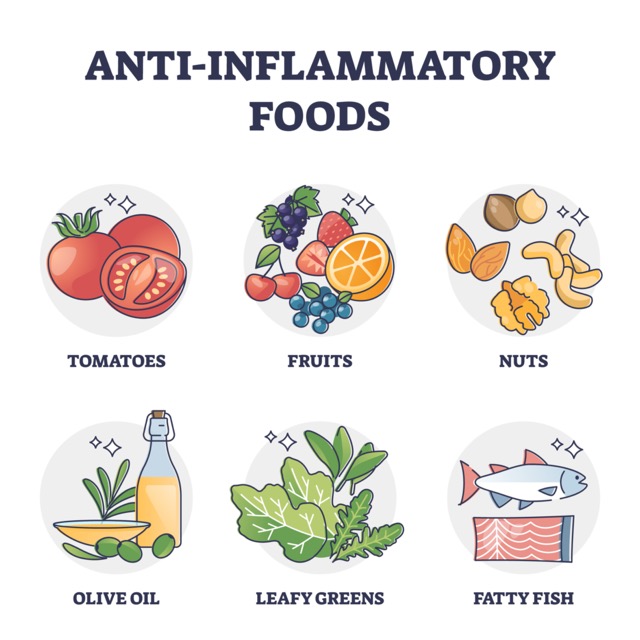
A crucial aspect of using food as medicine for Crohn’s disease is incorporating anti-inflammatory foods into your diet. These foods can help reduce gut inflammation, promote healing, and support overall wellness. Some examples of anti-inflammatory foods include:
1. Fatty Fish

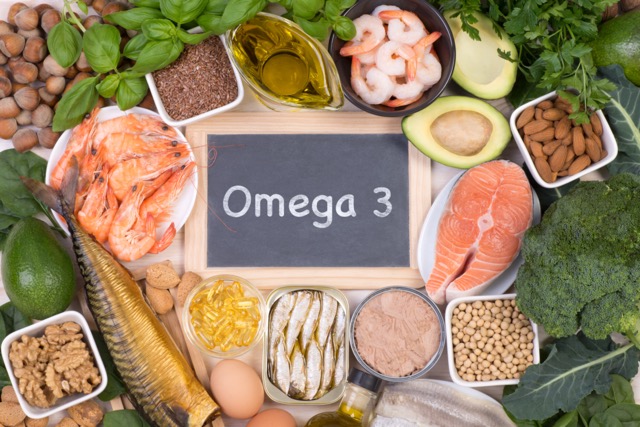
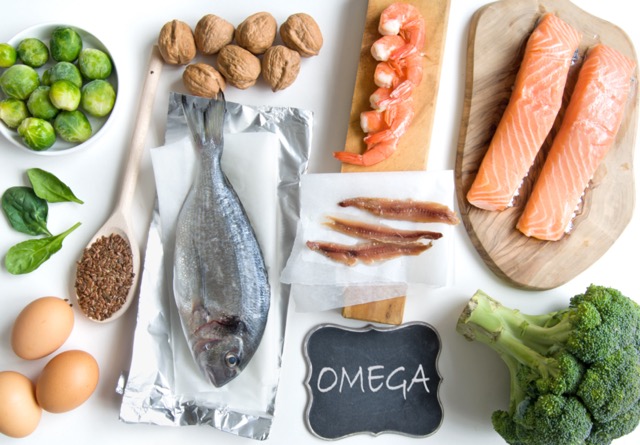
Fatty Fish are rich in omega-3 fatty acids, which have been shown to have anti-inflammatory properties. Salmon, mackerel, and sardines are excellent choices.
2. Colorful Fruits and Vegetables
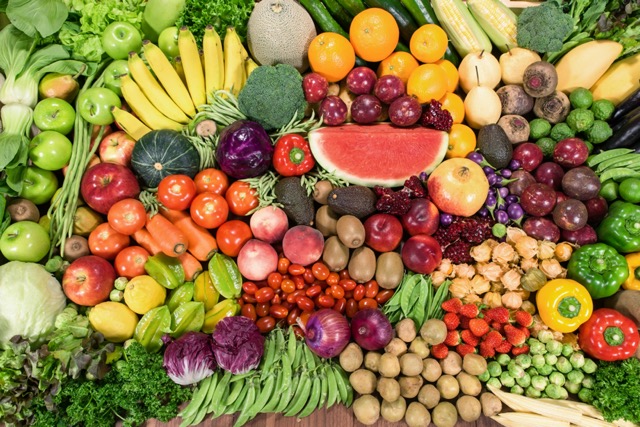

Colorful fruits and vegetables are packed with antioxidants and fiber, which can support gut health and reduce inflammation. Include berries, leafy greens, and cruciferous vegetables in your meals.
3. Whole Grains
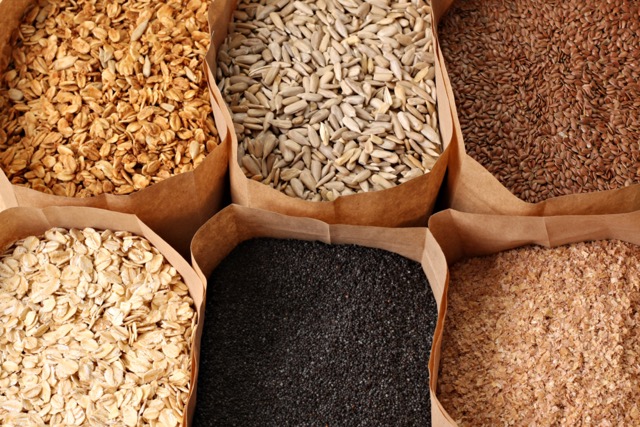
Opt for whole grains like brown rice, quinoa, and oats, which provide fiber and nutrients without triggering symptoms.
4. Probiotic-Rich Foods
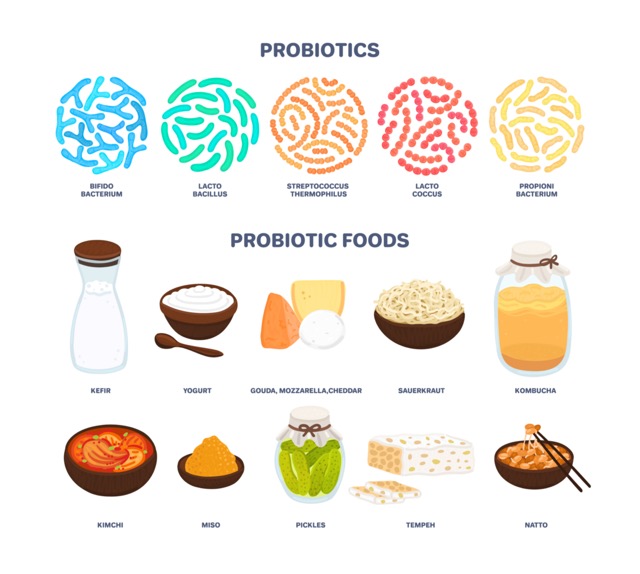
Fermented foods such as yogurt, sauerkraut, and kefir contain beneficial bacteria that promote gut health and reduce inflammation.
5. Healthy Fats
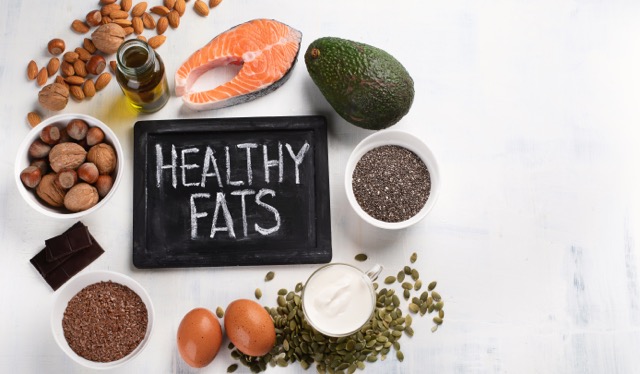
Incorporate sources of healthy fats like avocado, olive oil, and nuts, which have anti-inflammatory properties.
Here are some free resources to help simplify healthy eating to help manage Crohn’s disease:
Jump-Start To A Healthier You e-book
Personalized Approach and Professional Guidance
It’s important to note that there is no one-size-fits-all approach to using food as medicine for Crohn’s disease. Everyone’s experience is unique, and dietary recommendations may vary. Working with a knowledgeable health and wellness coach or a healthcare professional, such as a registered dietitian can provide personalized guidance and support in creating a customized meal plan that meets your specific needs.
Adopting a “food as medicine” approach to managing Crohn’s disease empowers individuals to take an active role in their well-being. Identifying trigger foods and incorporating anti-inflammatory choices can support gut health, reduce inflammation, and alleviate symptoms. Remember, the journey to managing Crohn’s disease is multifaceted, and a holistic approach that includes medical care, lifestyle modifications, and proper nutrition can make a significant difference in your overall quality of life.
I you have questions about Crohn’s disease, contact me. I offer a free consultation. I would love to use my knowledge, expertise, and experience to equip and empower you to unleash the power of food to manage Crohn’s disease and experience the joy of health.








